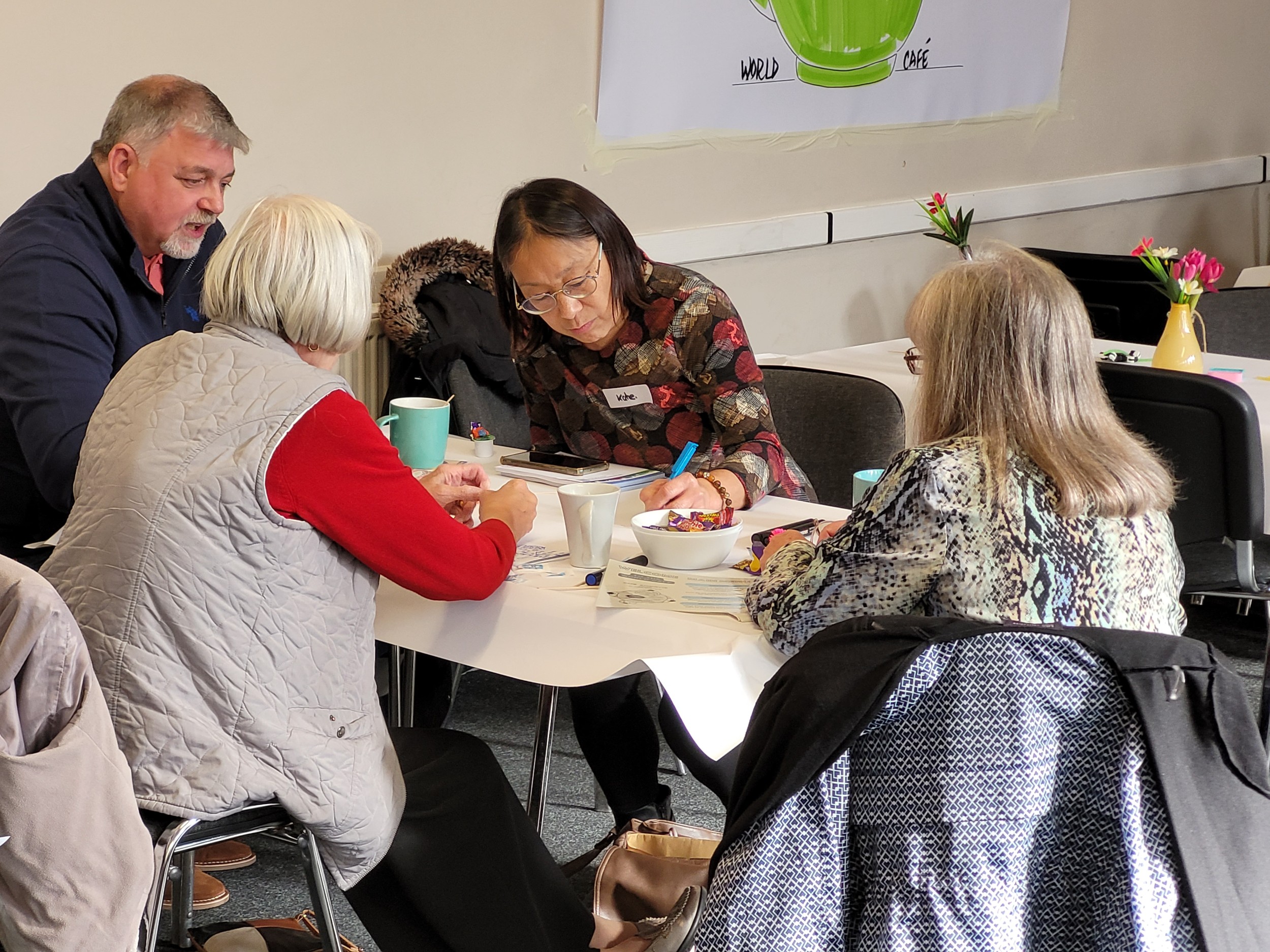Parents and carers in the Black Country are being reminded to get their children vaccinated against measles, mumps and rubella (MMR).
Measles is a highly infectious disease which can lead to serious complications if it is not treated.
In the most severe cases, it can develop into more threatening conditions such as pneumonia, especially in those with a weakened immune system.
Symptoms of measles include:
- a high fever
- rash
- cough
- runny nose
- watery eyes.
All children are invited for their first MMR vaccine on the NHS when they turn one. The second dose is given when they reach three years and four months of age. Having two doses of the vaccine provides the best protection against MMR.
In the Black Country, more than 400 children are eligible for a first dose of the vaccine, while a further 700 are eligible for a second dose.
Dr Fiona Rose, local GP and Clinical Director for Quality and Safety for the NHS Black Country Integrated Care Board (ICB), said: “The MMR vaccine is a safe and effective combined vaccine, which protects against three serious illnesses - measles, mumps, and rubella.
“These are viral infections that can spread quickly and make children seriously ill, which is why it’s vital that they get the maximum protection.
“Millions of MMR vaccination doses are given each year to offer the best protection and, speaking as both a doctor and a parent, the MMR vaccine is the best possible way to keep our children safe and healthy.
“So, I am urging parents and guardians to check their child’s red book to make sure they are fully vaccinated against this disease."
Parents who are unsure if their child is up to date with all their routine vaccinations should check their child’s red book (personal child health record), the NHS App, or contact their GP practice.
Adults and older children can also be vaccinated at any age if they have not been fully vaccinated before and are being encouraged to come forward if they haven’t had two doses.
For more information on the MMR vaccine, visit the NHS website here.


